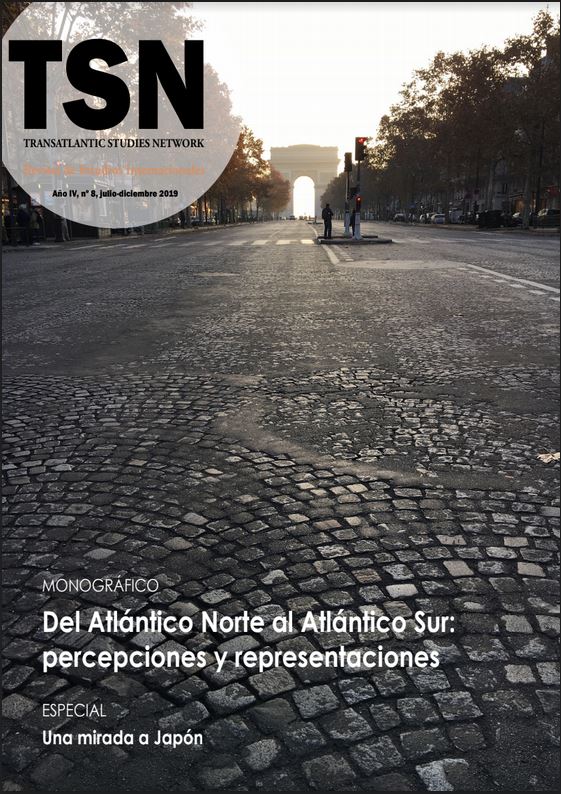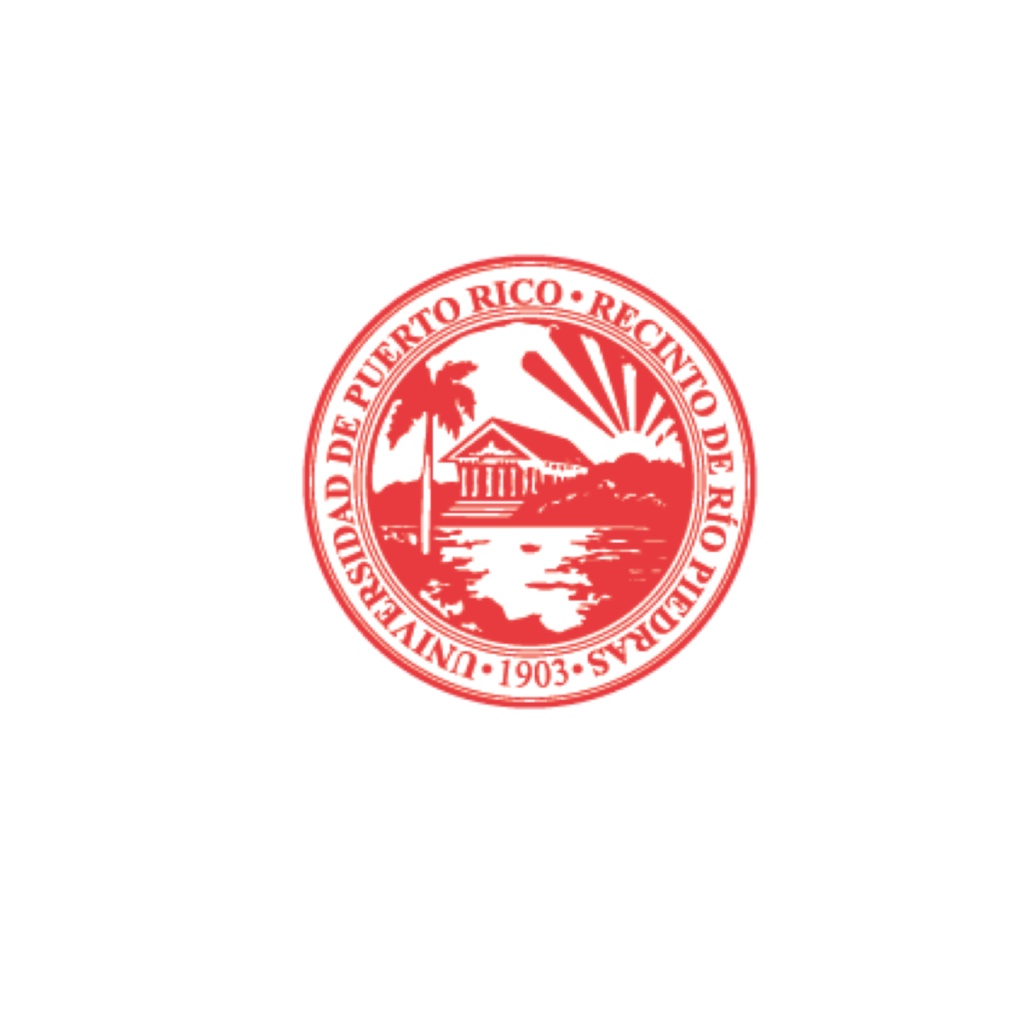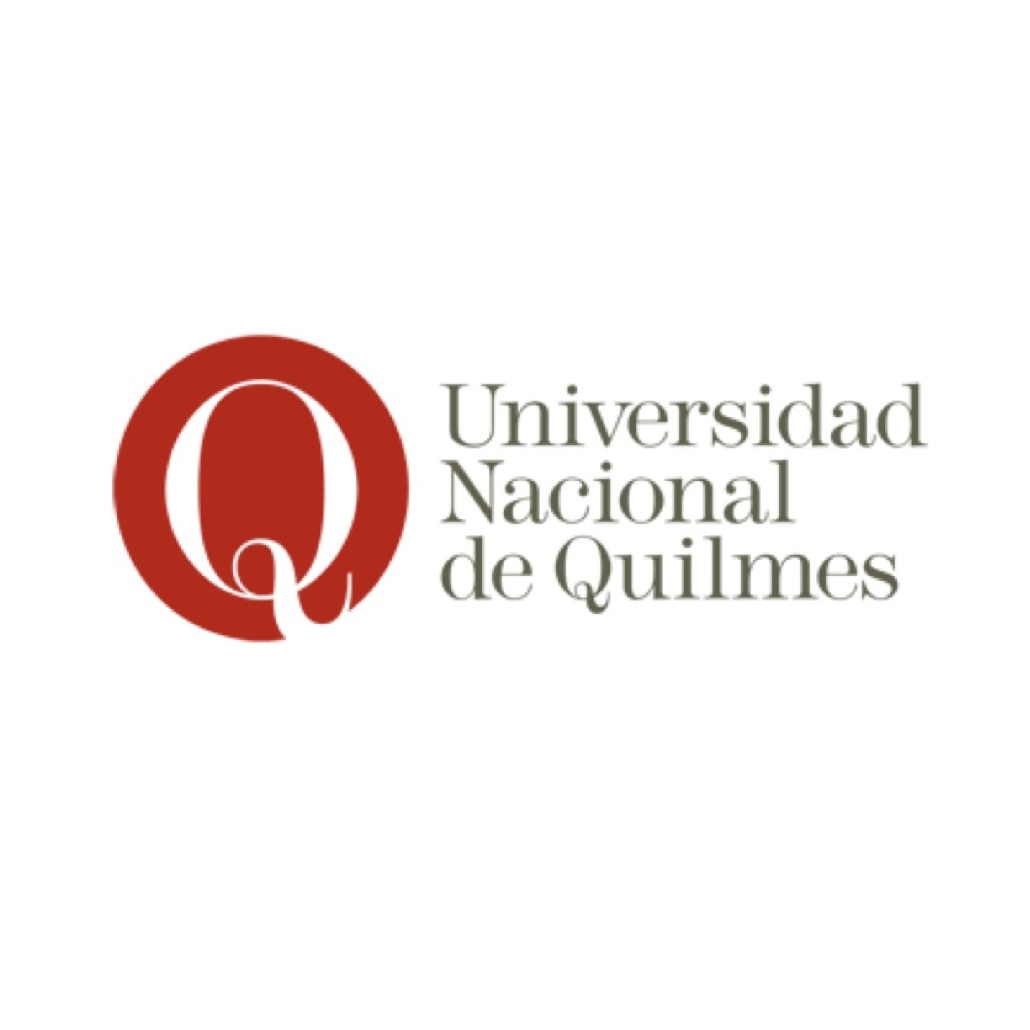Um Estranho em Goa (A stranger in Goa) by José Eduardo Agualusa: a transatlantic perspective of the Goan identity
Keywords:
Jose Eduardo Agualusa, Transatlantic Studies, Travel Literature, Identity, GoaAbstract
Um Estranho em Goa («A Stranger in Goa»), by José Eduardo Agualusa (2000), is a novel that takes us to the Indian territory of Goa in search of the Other to restructure identity. It unfolds as a journey onthe discovery of individuality. The author becomes the narrator and main character who presents a transatlantic view of the Goan population, also in the process of building its own cultural identity. He questions and rewrites the dialogue of the «symbolic space of Lusophony» (Lourenço, 2001). This novel discloses hybridity and acculturation as characteristic conflicts of a post-colonial space and portrays a people still yearning for a spiritual homeland. Belonging to the genre of travel literature, the novel questions the alterity of a traveler who intertwines India and Africa with Portugal and Brazil.
Downloads
Metrics
References
Agualusa, J. E. (1997): Nação Crioula. Lisboa: Quetzal Editores.
—(2006): Passageiros em Trânsito. Lisboa: Quetzal Editores.
—(2007): Um Estranho em Goa. Lisboa: Biblioteca Editores
Independentes.
Augé, M. (1994): Não-lugares: Introdução a uma Antropologia da Sobremodernidade. (L. Mucznik, trad.). Lisboa: Bertrand.
Azevedo, V. (2014): «Memória e esquecimento: a reconstrução da identidade angolana na ficção de José Eduardo Agualusa», Mulemba, v. 1, n. 11, pp. 126-140. Rio de Janeiro: UFRJ.
Bakhtin, M. (1992): «O romance de educação na história do realismo», Estética da criação verbal. (M. E. Pereira, trad.), pp. 221-276. São Paulo: Martins Fontes.
Benjamin, W. (2003): «On the Concept of History», Walter Benjamin, Selected Writings. (E. Jephcott [et al.], trad.), vol. 4 (1938-1940). Cambridge: Harvard University Press.
Domingues, E. L. (2005): «Seis olhares sobre um estranho em Goa», Niterói, n. 19, pp. 105-122.
Ette, O. (2003): Literature on the Move. (K. Vester, trad.). Amsterdam/New York: Rodopi.
Giddens, A. (1990): The Consequences of Modernity, pp. 37-38. Cambridge: Polity Press.
Halbwachs, M. (2004): A memória coletiva. São Paulo: Edição Centauro.
Hall, S. (1996): «Cultural Identity and Diaspora», Contemporary Postcolonial Theory, pp. 110-121. London: Hodder Arnold.
Le Goff, J. (2003): História e memória. Campinas: Ed. Unicamp.
Lourenço, E. (2001): A nau de Ícaro e imagem e miragem da lusofonia. São Paulo: Cia. das Letras.
Maldonado-Torres, N. (2007): «On the coloniality of being: Contributions to the development of a concept», Cultural Studies, 21, 2-3, pp. 240-270.
Mata, I. (2006): «Estranhos em permanência: a negação da identidade portuguesa na póscolonialidade», Portugal não é um país pequeno: contar o império na póscolonialidade, pp. 285-315. Lisboa: Edições Cotovia.
—(2016): «Um estranho em Goa: viagem transitiva a um Oriente em demanda», Via Atlântica, n. 30, pp. 131-149. São Paulo.
Patrick, H., & Graham H. (2007): Tourists with Typewriters: Critical Reflections on Contemporary Travel Writing. Michigan: The University of Michigan Press.
Rocha, D. (2017): «Nós somos portugueses. Portugueses da Índia: Identidade Póscolonial em Um Estranho em Goa (2000), de José Eduardo Agualusa», Mulemba, v. 9, n. 16, pp. 66-85. Rio de Janeiro: UFR.
Said, E. (2004): Orientalismo: Representações Ocidentais do Oriente. (P. Serra, trad.). Lisboa: Livros Cotovia.
Salgado, M. T. (2000): José Eduardo Agualusa: uma ponte entre Angola e o mundo. In África & Brasil: letras em laços, pp. 175-196. Rio de Janeiro: Atlântica.
Sampaio Melo, F. J. (2006): «A ambiguidade do discurso colonial: Um estranho em Goa, de José Eduardo Agualusa», Letras de Hoje, v. 41, n. 3, pp. 111-116. Porto Alegre.
Silva, M. (2015): «Anu. Lit. Florianópolis», v. 20, n. 1, pp. 213-227.
Downloads
Published
How to Cite
Issue
Section
License
Copyright (c) 2024 TSN. Transatlantic Studies Network

This work is licensed under a Creative Commons Attribution-NonCommercial-ShareAlike 4.0 International License.























